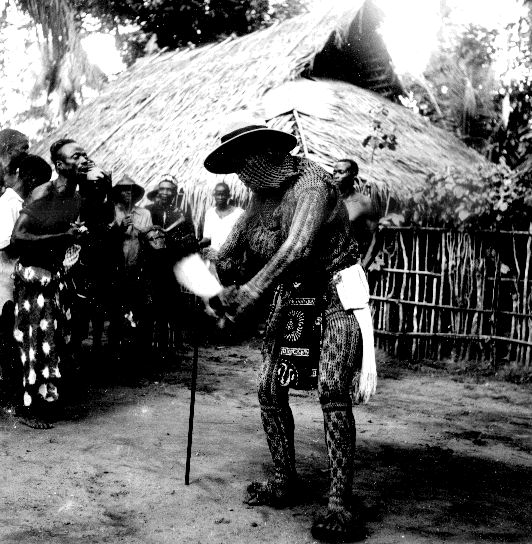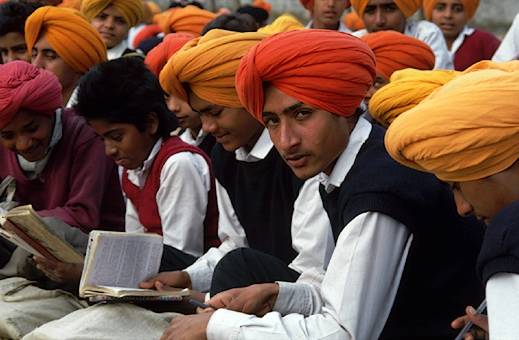Information technology project manager Mohammad Mertaban is doing his part to resolve the “marriage crisis” in the Southern California Islamic community.
It seems that growing numbers of devout Muslims in the U.S. are reaching their late 20s and early 30s still single. These are faithful who “tend to avoid Western-style dating,” writes Raja Abdulrahim in the Los Angeles Times.
These same singles also are resistant to the ways of earlier Muslim generations, in which potential spouses were introduced to one another by family. Traditionally, in South Asia and the Middle East, older women — often called “aunties” — and parents recommended matches by drawing upon their extensive networks of family, friends and acquaintances, explains Abdulrahim:
Many turn to young volunteer matchmakers like Mertaban, who have connections in their hometowns, college circles and vast online networks.
What is and isn’t allowed is debated within the Muslim community. But those who seek a matchmaker’s help tend to steer clear of anything resembling dating and to avoid meeting one another without a chaperone. And even though they may see their parents’ methods as too traditional, they are still more comfortable seeking help from a go-between than online matrimonial sites or singles’ events held at mosques under the guise of “networking.”
In his senior year at UCLA, Mertaban was president of the campus’ Muslim Student Assn. and the following year he was president of MSA-West, an umbrella group covering much of the West Coast. With chapters at universities nationwide, it has jokingly been called the Muslim Singles Association.
His first attempt involved one of his best friends, of Palestinian descent, and an Indian woman the man was interested in. It didn’t work, partly because of their different ethnicities — a cultural lesson Mertaban now keeps in mind when suggesting pairings. He organizes his lists of single men and women by nationality.


